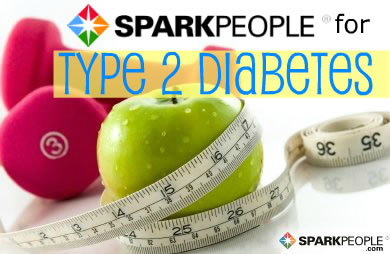|
Gone are the days of carbohydrates being the evil enemy of weight loss. But before you serve up platters of pasta and piles of pancakes, it’s important to separate the truth from the myths we've all heard about carbs. (These rules do not apply to those who have diabetes.) Myth: You don't need carbs. Truth: Carbohydrates are the body’s ideal fuel for most functions. They supply the body with the energy needed for the muscles, brain and central nervous system. During digestion, these carbohydrates are broken down into glucose before they can enter the bloodstream, where insulin helps the glucose enter the body’s cells. Some of the glucose is used for immediate energy needs. Some is stored as glycogen in the liver and muscles for future energy needs such as fueling your workout. If there is extra glucose, it will then be stored as body fat. Myth: All carbs should be avoided or limited. Truth: Not all carbs are created equal. Opt often for those carbs that provide not only energy for your body but also vital nutrients. Choose foods like fruits, vegetables, beans and legumes, lowfat milk and yogurt, and whole grains. These foods are super sources of vitamins A and C, potassium, folic acid, protein, calcium, selenium, magnesium, B-vitamins, iron, and fiber. Myth: Cutting out all carbs is the way to go! Truth: If you want to cut carbs, cut the refined ones. Limit greatly those carbohydrates stripped of their nutrients and filled with sugar and fat. These guys push carb intake over the limit and add unwanted calories to your eating plan. You know what I’m talking about…things like pies, cookies, candy, pastries, regular soda pop, white bread and pasta, white rice, French fries, and sugary cereals. Myth: You can't eat many carbs on a healthy eating plan. Truth: You can have more carbs than you think. For someone eating between 1,200-1,500 calories daily, the lower end or your carb range is 135 grams. This amount can be obtained deliciously and nutritiously with:
Myth: You can eyeball your portions and stay within your range. Truth: Know how to portion your carbs. No eye-balling when it comes to the serving size of your carb choices; you must measure or weigh. A serving has about 15 grams of carbohydrates. Know when to say "yes, please" and "no, thank you."
Resources: The Truth about Carbohydrates The SparkPeople Ranges Carbohydrate Counting Chart for Diabetes |
Popular EntriesMore From SparkPeople
|




.jpg)










.png)